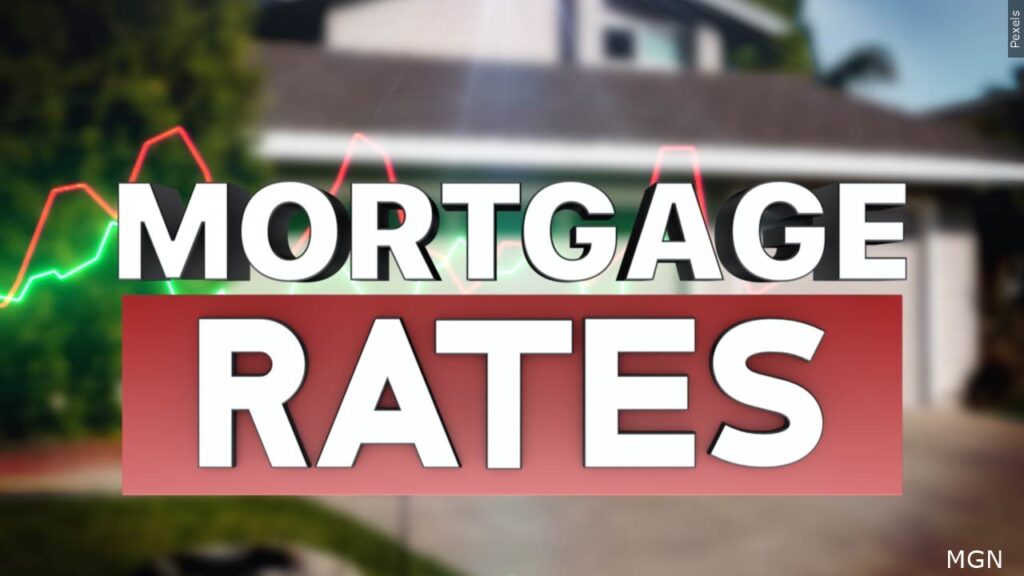Finding the right financial advisor can feel like searching for a needle in a haystack. But what if you could streamline the process and focus on advisors who prioritize your best interests? That’s where fee-only financial advisors come in. They offer a transparent and conflict-free approach to financial planning, working solely for you and your goals.
Understanding Fee-Only Financial Advisors
Unlike commission-based advisors who may recommend products based on their own financial gain, fee-only advisors charge a predetermined fee for their services. This fee is usually based on assets under management (AUM), hourly rates, or a project-based fee. This transparent structure ensures that their recommendations are always aligned with your needs, not their commissions. 
Benefits of Choosing a Fee-Only Advisor
The benefits are numerous. You gain unbiased advice, fostering trust and open communication. There’s clarity in pricing, eliminating any surprise costs. You can expect personalized strategies tailored specifically to your situation, and you’ll avoid potentially unsuitable product recommendations driven by commissions. Learn more about the advantages of fee-only financial planning.
How to Find a Fee-Only Financial Advisor Near Me
Your search starts online! Many websites and directories specialize in listing fee-only advisors. You can also check professional associations like the National Association of Personal Financial Advisors (NAPFA) for verified advisors in your area. Referrals from trusted sources like friends or family can also be incredibly helpful. [IMAGE_2_HERE]
Questions to Ask Potential Advisors
Before committing, ask about their experience, certifications (like CFP® or ChFC®), fee structure, and investment philosophy. Don’t hesitate to inquire about their approach to financial planning and how they’ll help you reach your goals. It’s your financial future, so thorough research is key. Check out our guide to questions to ask your financial advisor.
What to Expect in Your First Meeting
Your initial meeting will likely involve discussing your financial goals, risk tolerance, and current financial situation. The advisor should clearly explain their services, fees, and the process of working together. This is a crucial step to assess if their approach aligns with your expectations. [IMAGE_3_HERE]
The Importance of Transparency and Trust
Transparency is paramount when choosing a financial advisor. A fee-only advisor’s commitment to transparency fosters trust and open communication. This open dialogue helps build a strong advisor-client relationship crucial for long-term financial success. Read our blog on building a strong relationship with your financial advisor.
Ongoing Support and Review
Once you’ve chosen an advisor, regular meetings and reviews are essential. Your financial situation will evolve, and your advisor needs to adapt your strategy accordingly. This ongoing support ensures your plan remains relevant and effective. This ongoing partnership empowers you to navigate your financial journey with confidence.
Conclusion
Finding a fee-only financial advisor near you requires some effort, but it’s an investment that pays off in the long run. By prioritizing transparency and aligning your needs with an advisor who works solely for your best interest, you’ll have a clear path to achieving your financial goals. Remember to do your research and ask questions to find the perfect fit for you. Check out this article on finding the right advisor.
Frequently Asked Questions
What is a fee-only financial advisor? A fee-only advisor charges a set fee for their services, not receiving commissions from selling financial products.
How do I find a fee-only advisor near me? Use online directories, professional associations like the NAPFA, or ask for referrals.
What should I ask a potential advisor? Inquire about their experience, fees, investment philosophy, and how they’ll help you reach your goals.
Are fee-only advisors worth the cost? Absolutely! The unbiased advice and transparency far outweigh the cost, ensuring your interests always come first.
How often should I meet with my advisor? This depends on your needs, but regular reviews are essential to keep your plan aligned with your changing financial situation.



